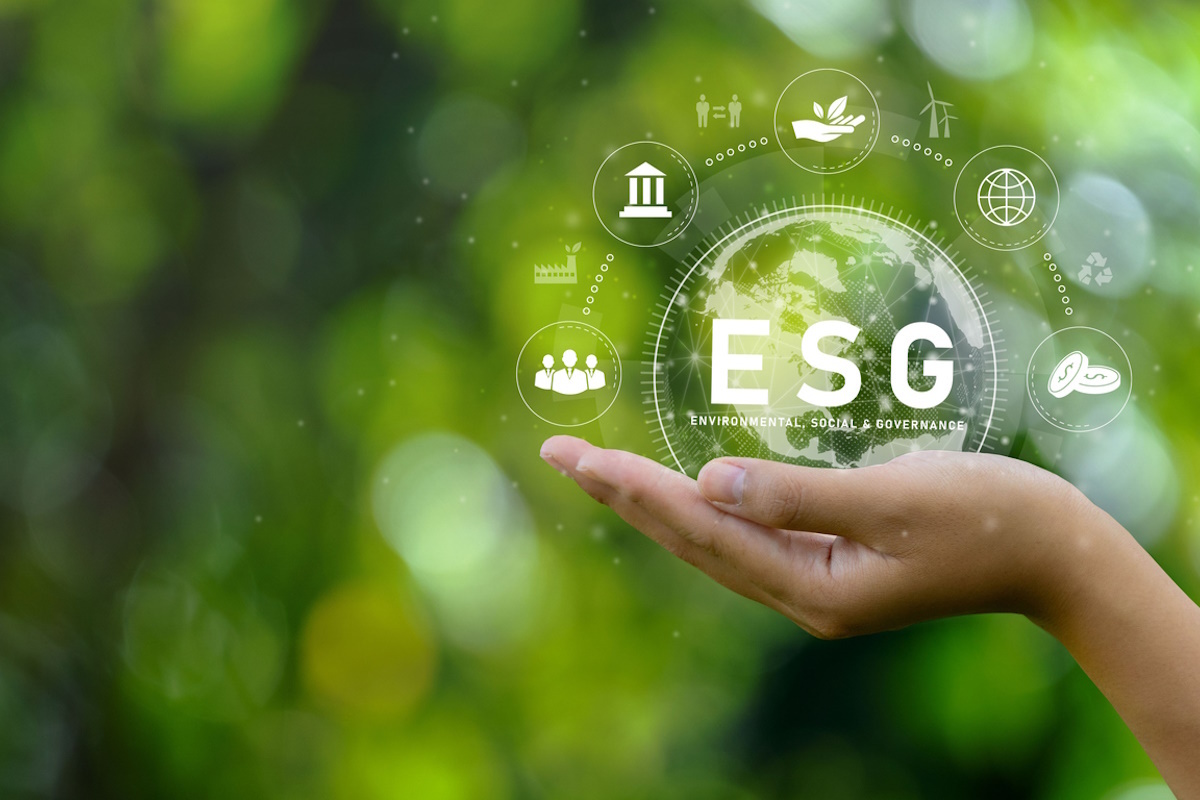ESG, ED&I and the vital role of translation

Alan White at The Translation People shares the key things international companies need to consider in their pursuit of becoming more responsible on a global scale
Businesses around the world are taking a much closer look at how their activities and processes impact staff, local communities, supply chains and the environment, to meet ever-changing expectations of corporate responsibility.
For businesses with a global footprint, there is a need to make any environmental, social and governance (ESG) and equality, diversity and inclusion (ED&I) policies relevant for each individual territory based on its governmental legislation and adapt them to the cultural nuances of the employees and audiences who will be affected by them.
As a result, translation services are playing a key role in this transformative period for the business world.
Make translation central to your global ESG and ED&I policies
ESG and ED&I should now be a standard element of any business’ strategy. It’s essential for recruitment, with 56 per cent of people saying they won’t consider a job at a company if they don’t agree with its values; questions about sustainability and diversity are now part and parcel of supplier tenders, and there are a growing number of legal penalties facing companies that don’t take steps to work ethically.
And these aren’t demands that are isolated to one area of the world; for businesses with an international footprint, having the ability to translate these policies into the local languages of wherever your teams and customers are based is just as important as having the policies themselves, to ensure teams are engaged and invested, and that you are aligned with your customers’ requirements.
So, as you start on this journey, identify a translation services provider that understands the vital role these policies will play for your business today and into the future, and partner with them as soon as possible.
Consider your territories’ different needs
Once you’ve got a translation provider in place, it’s important to work together to understand the differing needs of your various territories around the world. Each country has its own sustainability agenda and approach to ED&I. What’s relevant in the UK when it comes to carbon emissions, for example, may not be relevant in other countries, so any materials that are translated need to be updated to reflect those differences.
Additionally, different countries have varying approaches to language, whether it’s around gender identity and equal opportunities, or the technical jargon they use in legal documents. These important nuances should be applied as part of the translation process to ensure that no matter which country you’re producing material for, it’s accurate, sensitive and above all, of the highest quality, for the benefit of both employees and customers.
Make your policies part of your global marketing plan
Once your policies are in place and translated for your different sites around the world, it’s important to use the content to market your stance to the relevant stakeholders.
For example, translated policies should be uploaded to the website relevant to each territory to ensure the most accurate information is presented. Take this approach rather than uploading one hero document and using an auto-translate tool within the website’s CMS, which will use basic machine translation technology and doesn’t always produce the best results.
You could create video content from senior members within your team sharing your organisation’s vision, which can then have translated subtitles or voice overs applied to work for audiences in different countries.
Additionally, you can work with a translation provider to understand how pieces of content on your website can be adapted for the SEO algorithms in each country, to ensure you’re emerging top of search engine results for keywords in each territory.
Update your training materials
According to research by The Translation People, 78% of businesses say it’s important to produce e-learning modules in employees’ home language to achieve staff morale and engagement.
Additionally, 84% said they believe employee wellbeing is increased when staff have access to content in their own language. As such, it’s essential to have your training materials about ESG and ED&I translated. By its nature, making sure materials are available in the native languages of your team helps with inclusivity and diversity and shows you businesses value your staff.
And just as your policies will differ by country, so too should your training, to ensure it’s relevant for the person on the receiving end. Use a translation provider to adapt your materials, translating the content for the user and mirroring it to what’s included within your official documents. This will ensure you’re providing training that’s accurate and relevant for teams no matter where they are in the world, in a format they can fully engage with.
Never take your finger off the pulse
ESG and ED&I are ever-evolving subjects which will change the more we learn about the world and how people in it want to be treated. As such, there’s a high chance your existing policies will need updating on a regular basis.
Translation glossaries and memories work to ‘memorise’ key translations – whether it’s previously translated phrases, particularly technical jargon or terms that may have multiple translation options, of which a preferential version has been selected – ensuring they’re always presented correctly, in line with what a business has agreed upon.
Taking this approach makes the translation process quicker and easier in the future, ensures you’re maintaining a high standard of quality, and keeps your documents in line with specific regulations on two of the most culturally and globally relevant issues for businesses today.
Alan White is Business Development Director at The Translation People, a leading provider of translation technology services
Main image courtesy of iStockPhoto.com

Business Reporter Team
You may also like
Most Viewed
Winston House, 3rd Floor, Units 306-309, 2-4 Dollis Park, London, N3 1HF
23-29 Hendon Lane, London, N3 1RT
020 8349 4363
© 2025, Lyonsdown Limited. Business Reporter® is a registered trademark of Lyonsdown Ltd. VAT registration number: 830519543





